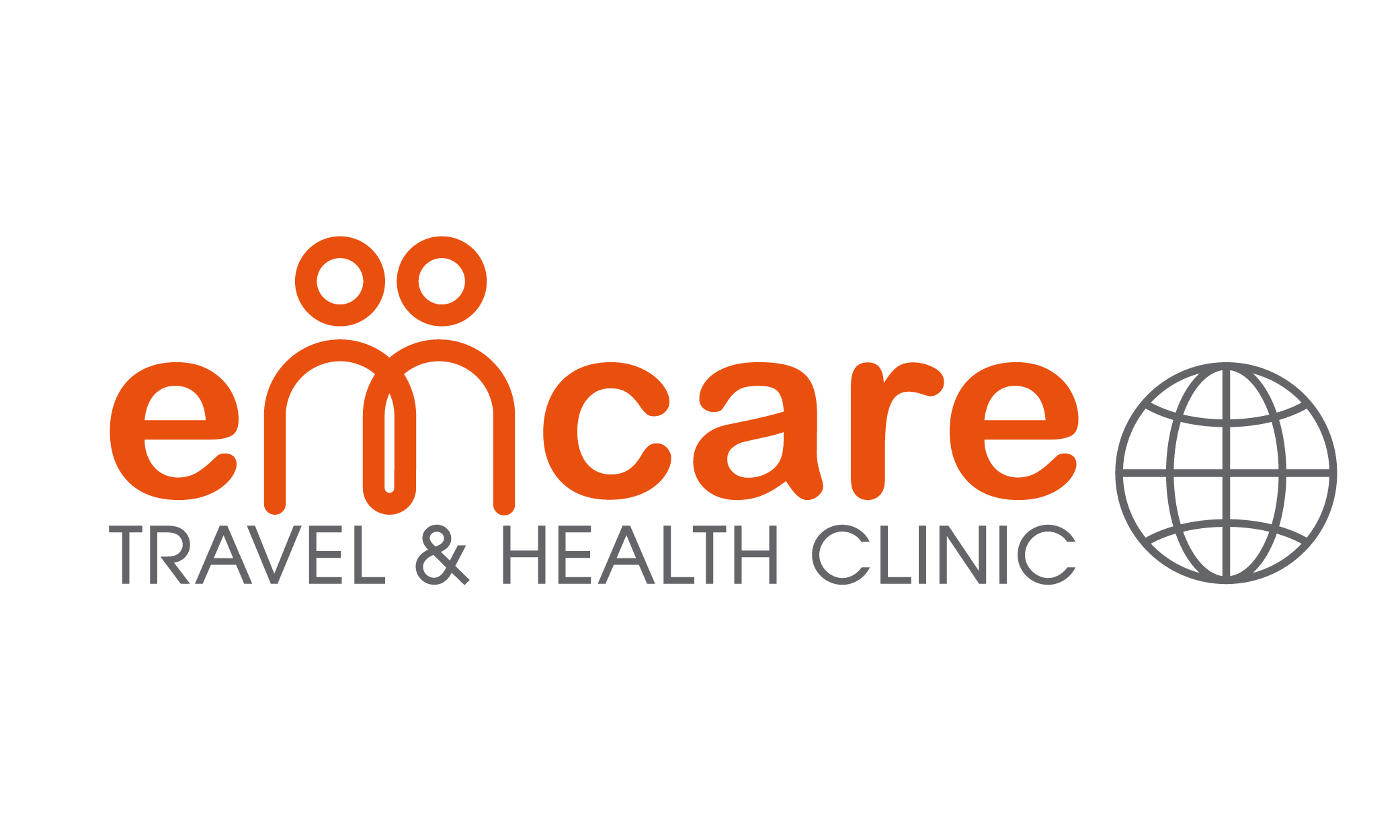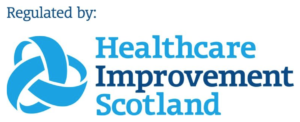When travelling with children, proactive health planning—including age-appropriate vaccinations, child-safe medical kits, behaviour guidance and emergency preparedness—is essential. Proper preparation helps reduce risk, ensures swift response if illness arises, and gives families peace of mind while exploring new places.
Travelling as a family can be incredibly rewarding, but children are more vulnerable to travel-related illnesses and more susceptible to rapid deterioration if things go wrong. At Emcare Travel Clinic, we specialise in comprehensive travel health planning for the whole family. Whether your trip is a city break, beach holiday or remote expedition, our tailored consultations, vaccination programmes and expedition health advice are designed to keep your children safe.
In this guide, we’ll cover:
- When to start and how to structure your family travel health plan
- Vaccination strategies tailored for children
- What a child-friendly medical kit should contain
- Handling environmental, insect and food risks
- Insurance, emergency planning and family logistics
- Returning home and follow-up care
- Supporting group or corporate family travel
Start Early & Book a Family Health Consultation
Schedule Your Consultation at Least 4–6 Weeks Before Departure
To give enough time for vaccine series, immunity to develop and planning adjustments, aim to see a travel health professional 4 to 6 weeks before travel. TravelHealthPro recommends this timeframe to ensure optimal protection, though advice is still valuable closer to departure.
Assess Full Itinerary and Child-Specific Risk
During the consultation, we examine:
- Every destination on your route (urban vs. rural, climate, altitude)
- Children’s ages, health conditions, medications, allergies
- Current immunisation status
- Planned activities (e.g. wildlife exposure, trekking, water sports)
- Local medical infrastructure and evacuation possibilities
Because children may deteriorate faster, pre-travel assessments should lean conservative and precautionary. TravelHealthPro emphasises that children travelling to visit friends and relatives (VFR) often seek advice late, increasing their risk.
Vaccination Strategy for Children & Infants
Ensure Routine UK Vaccines Are Up to Date
Before adding travel vaccines, confirm your child is up to date on the standard UK schedule (MMR, DTaP, polio, etc.). Then layer on travel-specific vaccines as needed.
According to NHS guidance, some travel vaccines (e.g. yellow fever, rabies) are not supplied free on the NHS and may only be accessed via private or specialist clinics.
Travel-Specific Vaccines to Consider
Depending on destination, age and exposure risk, your child might need:
- Hepatitis A (often given before 2 weeks of travel) Hepatitis B
- Typhoid
- Rabies (especially when post-exposure care is limited)
- Yellow fever (for qualifying countries)
- Japanese encephalitis
- Meningococcal vaccine (MenACWY, MenB)
- Cholera (for humanitarian or high-risk settings)
- Tick-borne encephalitis in certain forested zones
When booking your family consultation, these travel vaccinations and risk assessments will be integrated into your plan.
Accelerated or Modified Schedules
If time is short, clinicians may recommend accelerated schedules or prioritised doses. For instance:
- Infants 6–11 months may receive early MMR doses before travel (though these do not replace routine schedules)
- Some two-dose vaccines can be compressed under specialist oversight
- Seasonal flu vaccination (from 6 months old) is also advised when travelling during flu season
We always balance benefit vs. safety when modifying timing for children.
The Family Medical Kit: What You Need
A medical kit for children must adapt to age, weights, formulations and common paediatric problems.
Essentials for Children
Include:
- Age-appropriate analgesics / antipyretics (liquid or chewable formulations)
- Oral rehydration salts (ORS) / electrolyte solutions
- Antihistamines, hydrocortisone cream, antiseptic wipes, dressings
- Thermometer, tweezers, scissors, gloves
- Prescription medicines (in original packaging + a doctor’s letter)
- Antiemetics or travel-sickness meds appropriate by age (if safe)
- Sutures / wound strips (if trained)
- Blister / chafing aids
- Sun protection: high SPF sunscreen, hats, UV sunglasses
- Child-safe insect repellent and mosquito net or treated net
- Water purification: filters, tablets or UV pens
- Emergency plan documents, child medical summary, contact cards
- Comfort items: familiar toy, spare clothes, snacks, distractions
TravelHealthPro’s children factsheet suggests including nappies, formula, barrier cream, and safe clothing as part of trip essentials.
Documentation & Tools
- Vaccination records / child’s Red Book
- Summary of medical history, allergies, medications
- Copies of prescriptions and doctor’s notes
- Itinerary, check-in schedule, emergency contacts
- Maps, GPS, communication tools (satellite messenger)
- Child identification (e.g. ID card, contact wristband)
Risks in Environment, Insects & Food
Vector & Wildlife Hazards
Children are more vulnerable to insect-borne diseases:
- Use repellents safe for children (consult labels by age)
- Dress kids in long sleeves and lightweight pants
- Use insecticide-treated nets or clothing
- Check daily for ticks
- Avoid unmonitored contact with animals
- Consider pre-exposure rabies vaccination when animal exposure is anticipated
Food & Water Risks
Gastrointestinal illness is among the most frequent complaints in children travelling. Mitigate risk by:
- Using boiled, filtered or treated water
- Avoiding raw foods, salads or ice unless proven safe
- Encouraging children to peel fruits or eat cooked foods
- Packing ORS and frequently encouraging fluid intake
Sun, Heat & Physical Stress
Children regulate heat less efficiently than adults. To protect:
- Hydrate often, even if they don’t ask
- Use shade, hats, UV sunglasses
- Limit midday sun exposure
- Monitor for heat exhaustion symptoms
- Build gentle schedule, especially in new or extreme climates
Altitude or extreme terrain should be introduced carefully; fatigue, headaches or nausea may indicate altitude sickness.
Insurance, Emergency Planning & Family Logistics
Select Robust Travel Insurance
Ensure your family policy includes:
- Medical evacuation and repatriation
- Coverage for adventure or high-risk activities
- Search & rescue
- Child coverage and existing conditions
Map Medical Facilities & Evacuation Options
Ahead of travel:
- Identify clinics, hospitals, field stations along the route
- Estimate travel times from your locations
- Share your itinerary with a trusted contact
- Equip a satellite communicator or personal locator beacon (especially in remote areas)
- Define roles: parent first aid lead, child support, communication chain
Children’s vulnerability requires that evacuation plans be more conservative and redundant.
On the Move: Daily Health & Behaviour Strategies
Routine & Vigilance
- Encourage regular hand washing or sanitiser use
- Use insect protection consistently
- Drink only treated/filtered water
- Regular sun protection checks
- Inspect skin for bites, wounds or blisters
- Care for minor injuries promptly
Monitor Symptoms Early
Even mild symptoms—fever, stomach upset, rash—should not be ignored. Monitor temperature, rest, and escalate to medical care if symptoms persist or worsen.
Mental & Emotional Considerations
Travel can stress children. Handle by:
- Maintaining some routine
- Packing familiar items
- Incorporating rest days
- Allowing flexibility when possible
Return & Post-Travel Follow-Up
- Some tropical infections (malaria, dengue, typhoid) have delayed onset. If your child develops fever, rash or flu-like symptoms after returning, alert your GP and mention your travel history.
- Schedule a post-travel health check if illness occurred.
- Document any medical care or bites taken during travel to guide future trips.
- Reflect on the experience—did you under-pack, misjudge timing or behaviour? Use lessons for future planning.
Family & Corporate Group Travel Support
When planning trips that include multiple families (e.g. school adventures, corporate family retreats), extra care is needed:
- Screen all family members medically
- Carry surplus medical supplies and backup equipment
- Train staff or group leaders in paediatric first aid
- Employ robust communication systems and check-in schedules
- Develop contingency plans for child evacuations or illness
- Engage a specialist travel health service that can coordinate for multiple families
Emcare delivers corporate travel health solutions even for family groups.
Why Emcare Travel Clinic Is Your Family Travel Health Partner
At Emcare, we understand that a child’s health needs are different from an adult’s. That’s why our services include:
- Expert paediatric travel risk assessment
- Tailored vaccination programmes for children and infants
- Advice on child-safe medical kits, hydration, insect protection and behaviour
- Emergency and evacuation planning with a family focus
- Group and corporate family travel support
- Friendly consultation, clear explanations and flexible scheduling
Learn more about our full service offerings at Emcare Travel Clinic and our travel vaccination options.
Conclusion
Travelling with children can bring extraordinary rewards—but it also requires more careful health planning than adult travel. By starting early, investing in appropriate immunisations, preparing a child-centric medical kit, mitigating environmental risks, and building strong emergency protocols, you greatly reduce travel health risks and ensure a smoother experience for your family.
If you’d like expert support in preparing your family for an upcoming trip, Emcare Travel Clinic is here to help. You can arrange a family consultation via our booking page or call us directly on 0141 404 0075 for personalised advice.


Recent Comments